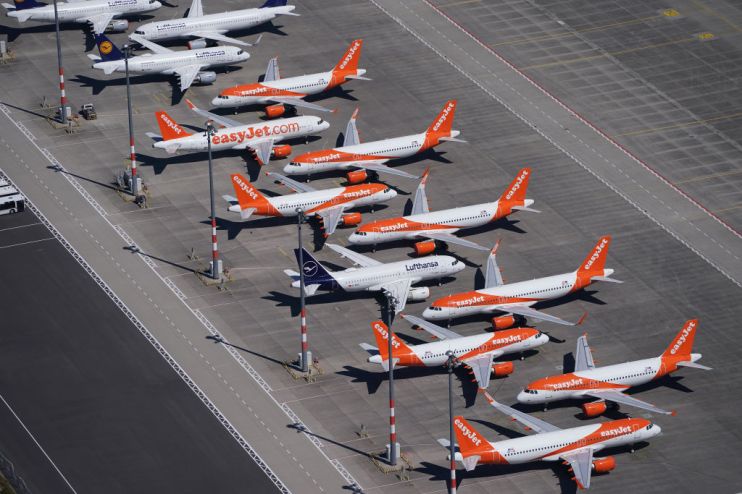EasyJet says vetting delays contribute to staff shortages

EasyJet’s chief executive Johan Lundgren said delays in the vetting of new staff, instead of recruitment issues, were one of the contributing reasons behind the airline’s staff shortage.
Lundgren told journalists this morning the airline had already recruited most of the new staff needed and was currently waiting for candidates to be approved by the Department for Transport (DfT).
“We haven’t been struggling as such to recruit cabin crew,” Lundgren said. “We have recruited some 1,100 members and we have a relatively small amount left to recruit.
“It’s true there is a lag, we have about 100 people today who are waiting clearance in their process with DfT.”
Because of a spike in the number of Covid-related infections among its UK staff, EasyJet was forced to delay more than 300 services over the last seven days, which represented between 4 and 5 per cent of total flights departing from the UK.
The company, who reported disruption also in EU countries, did not blame the government, saying it was working alongside the whole aviation ecosystem to fix the issue as quickly as possible.
“We do not blame the government, on the contrary we, alongside our partners including DfT, have all been doing what we can to expedite the process so that we can get more crew onboard in the short term.” a company spokesperson stressed.
“The absolute focus we have is to make sure that we will continue to operate with as little disruption as possible,” Lundgren added.
Lundgren’s comments come on the same day the low-cost airline reported a reduction in losses for the six months to the end of March as a result of “self-help” measures and a “continued cost focus.”
The carrier announced today it was expecting its loss before tax to be between £535m and £565m for the six months ended 31 March.
Following the removal of UK travel restrictions, the airline saw a spike in demand, operating at 80 per cent of capacity in the first three months of 2022.
Capacity is expected to go up to 90 per cent this quarter, reaching almost 100 per cent of pre-pandemic levels during the summer months, the airline said.
Even though easyJet continued to cancel flights because of infection rates not going down, Lundgren said he expected Covid numbers to go down, easing down the pressure in time for the summer season.
“I would expect we can see a strong summer and some good reliability and operations,” he said.
The chief executive’s forecast contradicts what Aviation Recruitment Network’s managing director Kully Sandhu told the BBC this morning.
According to Sandhu, Brits will need to brace for “at least” 12 months of disruption, City A.M. reported.